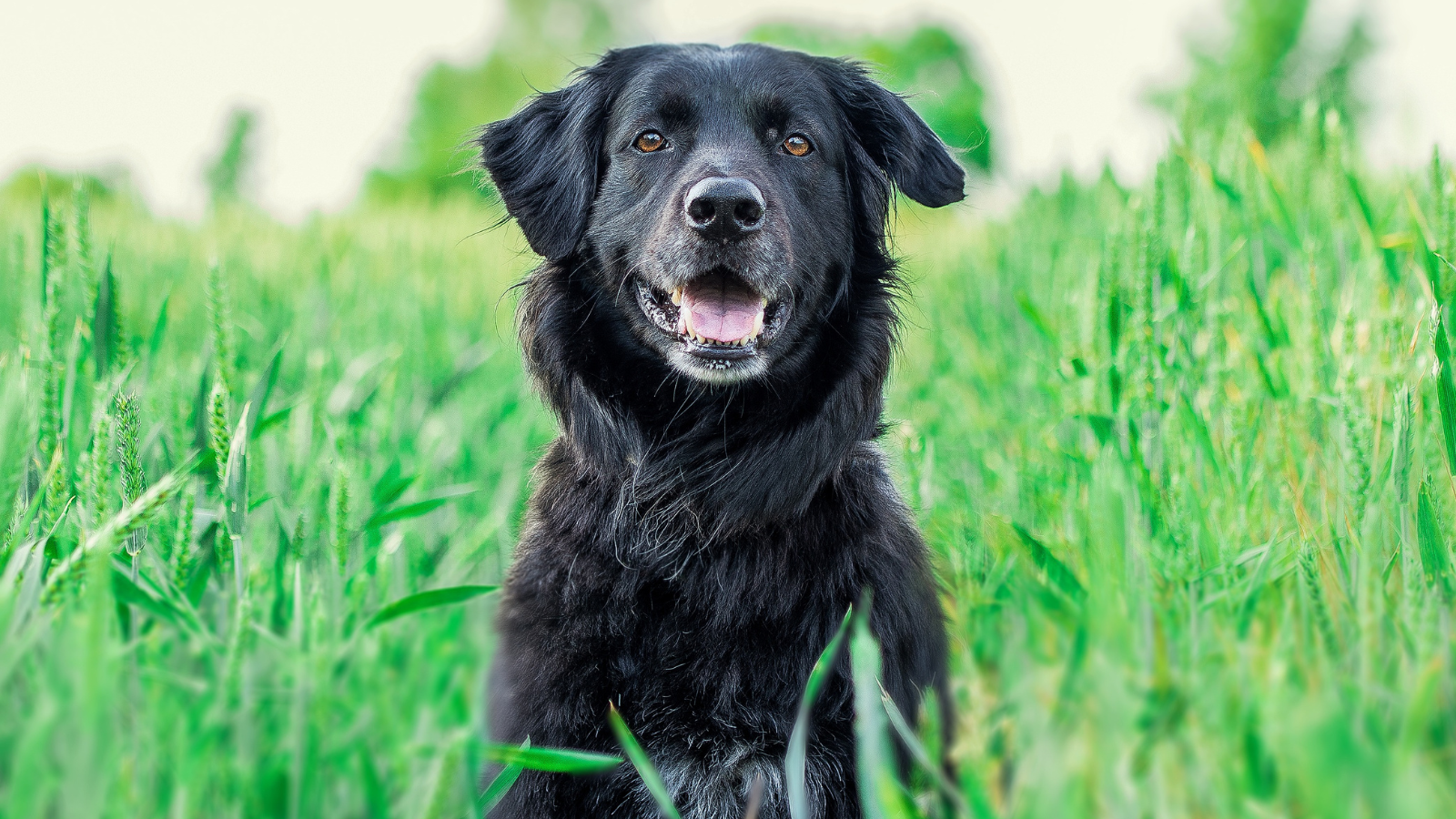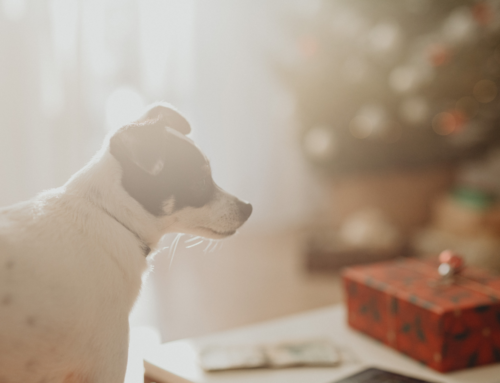
Rabies is a very serious disease that pets and people can face. While it may not be a daily concern for most families, rabies remains present in wildlife across the United States and can spread to unvaccinated pets through a single bite. Once symptoms appear, rabies is almost always fatal. The good news for pet owners is that rabies is preventable. Premier Animal Wellness & Surgery Hospital (PAWSH) administers the rabies vaccination as a powerful tool to protect pets and communities from this deadly disease.
What Is Rabies?
Rabies is a viral infection that attacks the central nervous system. It is most often spread through the bite of an infected animal, as saliva entering an open wound transmits the virus. Wildlife such as bats, skunks, and raccoons are among the most common carriers in the United States. Because rabies progresses quickly and has no cure once symptoms appear, prevention is the only defense.
While rabies can take weeks or months to develop after exposure, once it appears, the signs are severe and worsen rapidly. What are rabies symptoms in pets?
- Unexplained aggression, restlessness, or irritability
- Excessive drooling or difficulty swallowing
- Unsteady walking or loss of coordination
- Muscle tremors, seizures, or paralysis
- Changes in personality, such as unusually shy behavior
If your pet is bitten by wildlife or an unvaccinated pet, call your veterinarian right away for advice on next steps.
Why Rabies Vaccination Is Non-Negotiable
Rabies vaccination is required by law in the United States and throughout many countries in the world. Keeping rabies vaccine current is a necessity for dogs and cats due to:
- Life-Saving Protection: Rabies is nearly always fatal. Vaccines are the only way to prevent it.
- Community Health: Vaccinated pets form a protective barrier that reduces the spread of rabies to humans and other animals.
- Legal Requirements: Rabies vaccination is mandated by law for dogs and cats in Tennessee, with proof often required for licensing, boarding, and travel.
- Peace of Mind: Knowing your pet is protected means one less thing to worry about during potential wildlife encounters.
When Should Pets Get the Rabies Vaccine?
Puppies and kittens usually receive their first rabies vaccine around 12-16 weeks of age. A booster is given one year later. Afterward, pets typically receive vaccines every 1 or 3 years, depending on the vaccine used and local regulations.
While rabies vaccination is the most important step, there are additional ways to lower the risk of rabies exposure. Keep cats indoors and supervise dogs when outside. Do not approach or handle wild animals, even if they seem friendly or injured. Secure trash and food sources that may attract wildlife. Teach children never to touch unfamiliar animals. Report unusual wildlife behavior that may indicate rabies to local authorities.
Get Your Pet’s Rabies Vaccine in Bowling Green, KY
Rabies is a deadly, but preventable disease. You can protect your pets with routine rabies vaccines and a few extra precautions at home. Premier Animal Wellness & Surgery Hospital has the rabies vaccine in Bowling Green for cats and dogs from Russellville, Bowling Green, Franklin, and nearby Kentucky communities. This World Rabies Day, take a moment to double-check your pet’s vaccine status. If they are due for their rabies vaccine, schedule an appointment with us.




